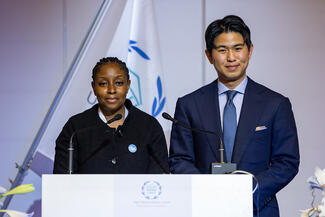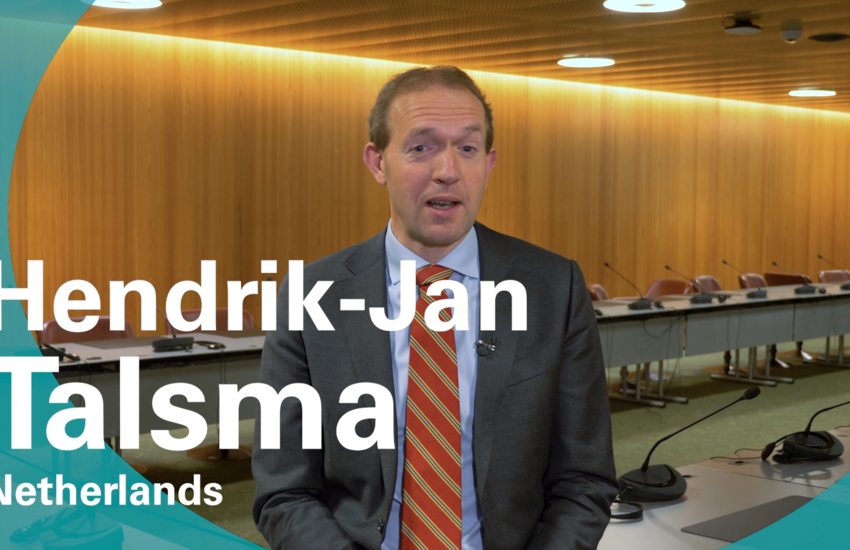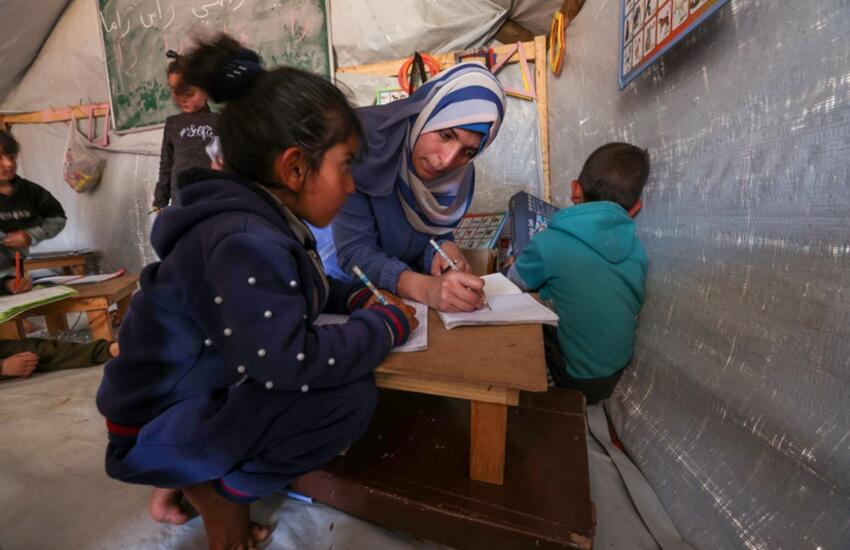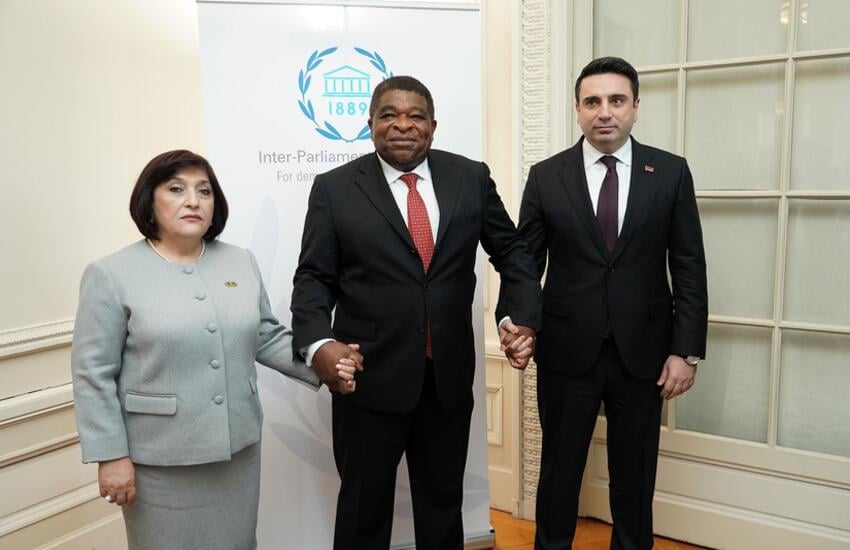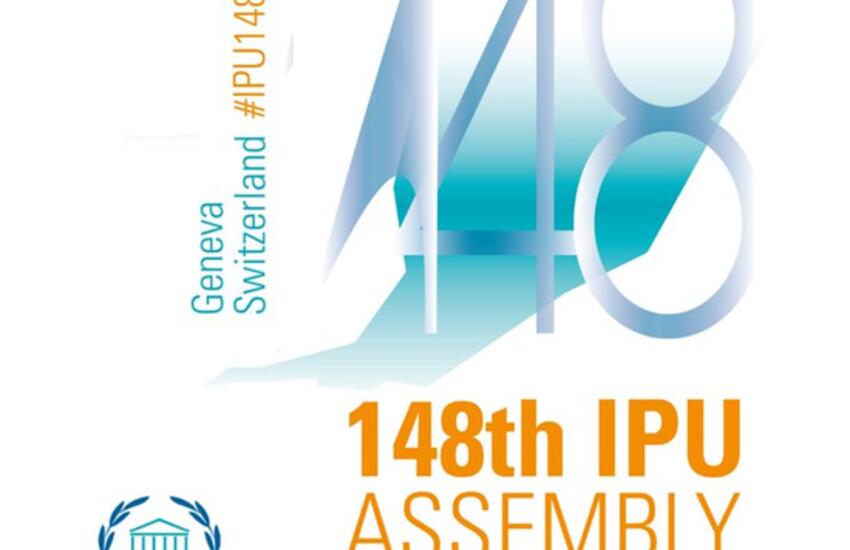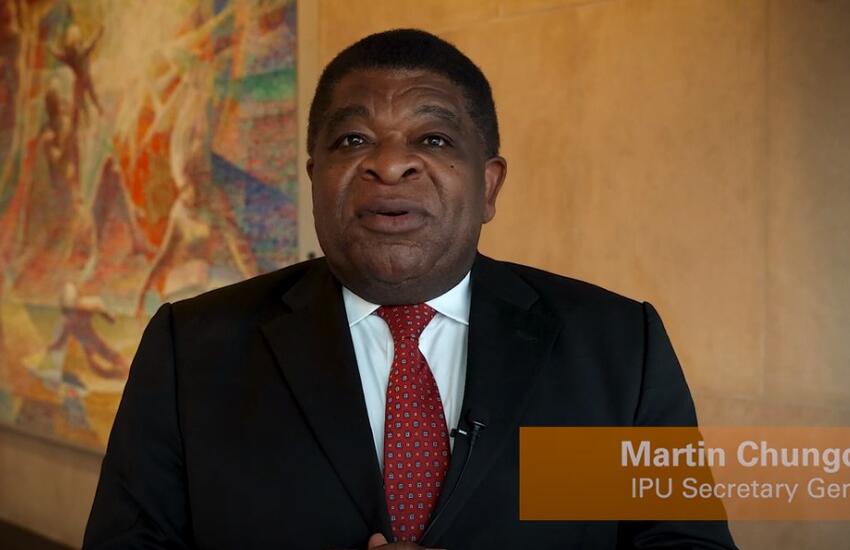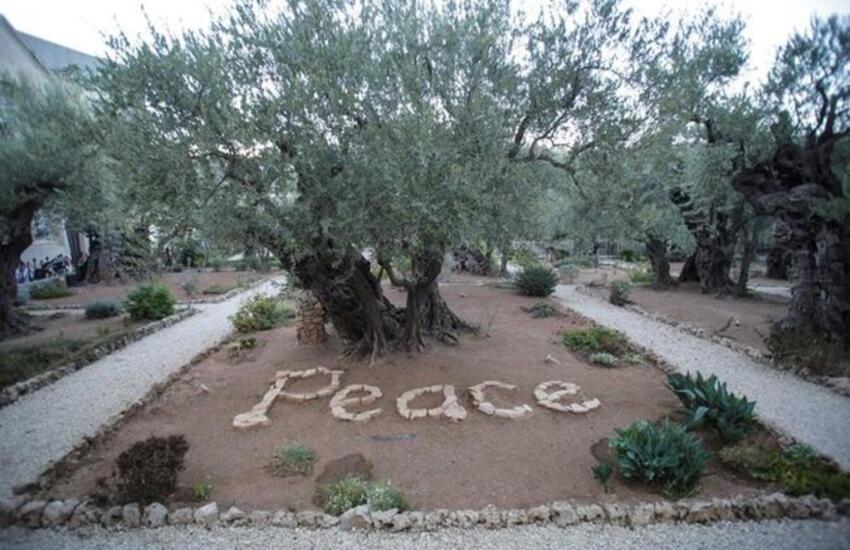Hundreds of parliamentarians from over 140 countries, gathered at the 148th IPU Assembly from 23-27 March 2024 in Geneva, Switzerland, have reconfirmed their commitment to parliamentary diplomacy to support peace efforts, and to reinvigorate multilateralism through parliamentary action.
In their final declaration, Parliamentary diplomacy: Building bridges for peace and understanding, the lawmakers recognize the importance of “inter‑parliamentary dialogue and cooperation, and the IPU’s unique role as the parliamentary counterpart to the United Nations”.
The declaration emphasizes that parliamentarians have an active role to play in accompanying and complementing traditional diplomacy, “ensuring that efforts to negotiate peace processes, treaties and other international agreements are rooted in the needs of the people”.
At the Assembly, the IPU leadership issued an urgent political statement on behalf of the global parliamentary community calling for an immediate ceasefire in Gaza, to complement the United Nations Security Council resolution demanding a ceasefire, adopted on 25 March 2024.
The IPU Assembly was one of the most well-attended on record with over 700 MPs in Geneva, including over 50 Speakers of Parliament. Around 36% of the MPs were women and some 27% were young MPs under 45.
Against a backdrop of protracted conflicts around the world, the Assembly provided a space for the IPU’s various international parliamentary bodies to contribute to peace-building efforts, including the Task Force for the peaceful resolution of the war in Ukraine, the Group of Facilitators for Cyprus, and the Committee on Middle East Questions.
On the eve of the Assembly, the IPU had also acted as the facilitator of a historic meeting between the Speakers of the Parliaments of Armenia and Azerbaijan who sat down for the first time in an effort to normalize relations between their two countries. That meeting took place at the IPU’s headquarters.
In other outcomes, the IPU Assembly also adopted two significant resolutions:
Addressing the social and humanitarian impact of autonomous weapon systems and artificial intelligence urges parliaments to develop national legislation to establish regulatory frameworks governing the development of autonomous weapon systems.
The resolution calls for “meaningful human control” over weapon systems – such as drones – and for consideration of the ethical, legal and security implications of systems that function without human control and therefore potentially outside the rules of war and international humanitarian law.
Partnerships for climate action: Promoting access to affordable green energy, and ensuring innovation, responsibility and equity highlights the importance of addressing environmental challenges through united climate action and partnerships to safeguard the planet for present and future generations.
The resolution calls for strengthened international cooperation to implement the Paris Agreement on climate and stresses the need for added support for developing countries.
It encourages parliaments “to ensure a transition away from fossil fuels in energy systems in a just, orderly and equitable manner”, accelerating action to achieve the goal of net zero emissions.
The IPU Assembly also endorsed a motion calling for reform of the United Nations Security Council to better reflect the geopolitical realities of the 21st century and make it more democratic and accountable.
The IPU Committee on the Human Rights of Parliamentarians also adopted important decisions in respect of the case-load of parliamentarians around the world who are in danger - including from Bangladesh, Egypt, Eswatini, Guinea-Bissau, Israel, Kyrgyzstan, Madagascar, Pakistan, Palestine, the Philippines, Somalia, Türkiye, Venezuela and Zimbabwe.
The 149th IPU Assembly will take place in Geneva, from 13-17 October 2024.
***
The IPU is the global organization of national parliaments. It was founded in 1889 as the first multilateral political organization in the world, encouraging cooperation and dialogue between all nations. Today, the IPU comprises 180 national Member Parliaments and 15 regional parliamentary bodies. It promotes peace, democracy and sustainable development. It helps parliaments become stronger, younger, greener, and more gender-balanced. It also defends the human rights of parliamentarians through a dedicated committee made up of MPs from around the world.
For more information about the IPU, write to Thomas Fitzsimons at [email protected]





